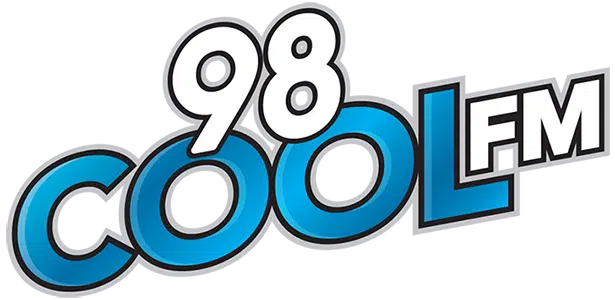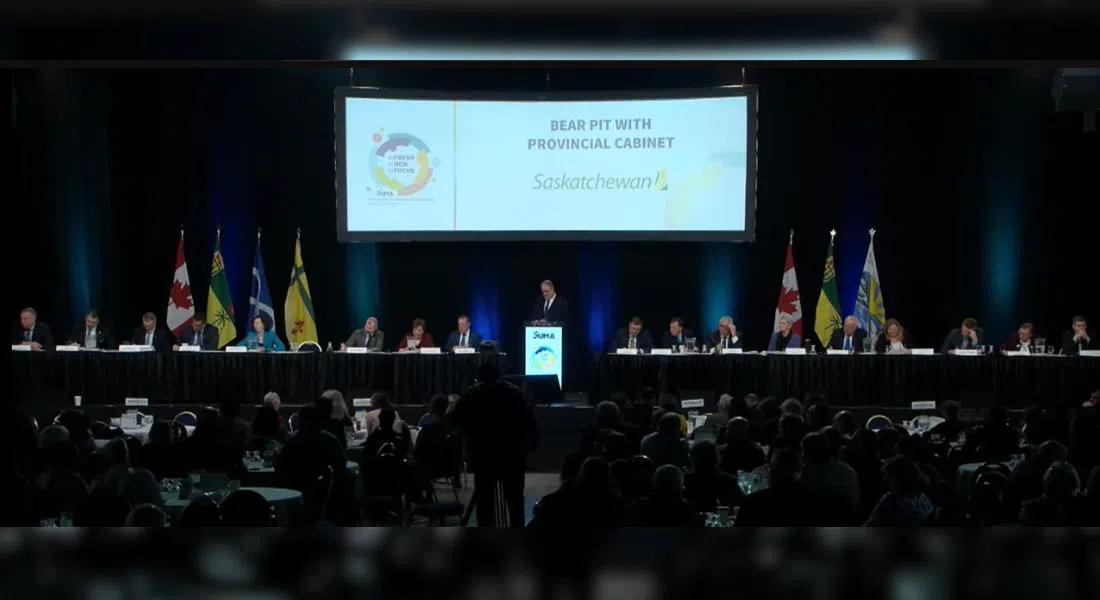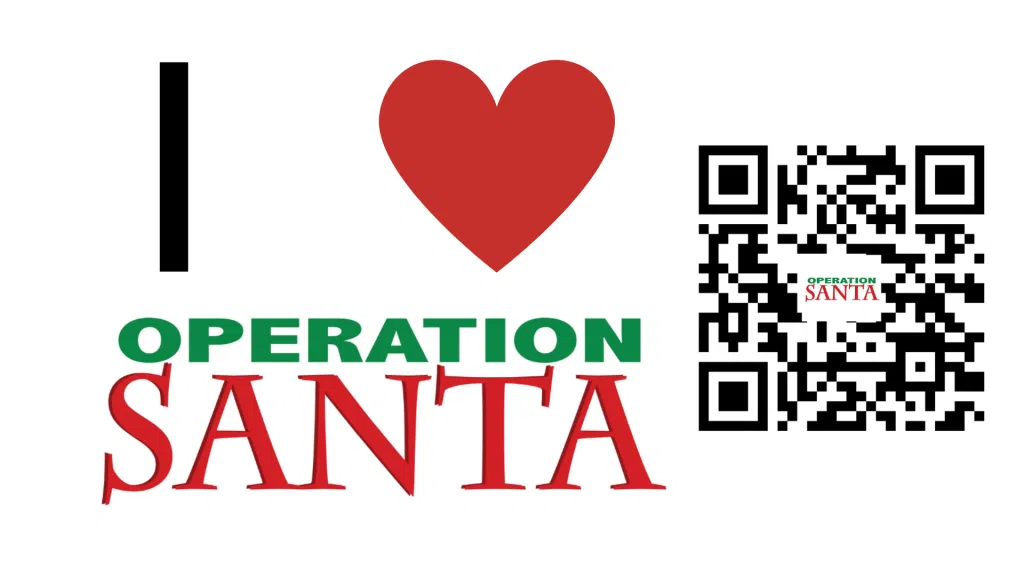Saskatchewan’s Ministers and the Premier were peppered with questions this morning from municipal leadership attending the annual Saskatchewan Urban Municipalities Association convention. Questions during the bear pit session ranged from questions specific to certain communities to more wide-ranging issues like education funding for class size and complexity, mental health and addictions funding for smaller centres, water supply concerns, and the shortage of health care workers.
Education Minister Jeremy Cockrill answered the education funding question, saying additional capital and operation dollars have been added to the budget, including 9 new schools in areas with growing populations. He also touched on negotiations with the Saskatchewan Teachers’ Federation, saying, “I think with additional capital dollars, with additional operational dollars, government is there to support. When it comes to negotiations I will share with the room, I think we have made significant progress over the last couple of days specifically, again being back at the bargaining table and we look forward to getting an agreement soon.” Cockrill noted that for years, the student population grew by about 2,000 a year but in the last couple of years, it has been 5,000. He added that when it comes to funding teachers, education assistants and support staff, there has been a nearly 9 per cent increase and for students with significant needs, it has increased by 14 per cent.
The Mental Health and Addictions Minister was asked how people living in smaller communities with these challenges can access treatment or the transportation to get where they need to be. Tim McLeod replied that one of the pillars of the Action Plan is to expand capacity by at least 500 additional treatment spaces, and so far 183 have been added. He says, “Wherever we have need across the province, we can target specifically where on the continuum of care the need is – do we need detox spaces, in patient, or where geographically do we need spaces. Do wee need them in rural or do we need in urban, and so far of the 183 added, we have a mix of both.”
Corrections, Policing and Public Safety Minister, Paul Merriman stated that along with providing funding for supports, the provincial government has increased funding for law enforcement agencies, including municipal, the RCMP, First Nations policing and the Saskatchewan Marshall Service which will be up and running in 2026. This funding can help with getting the drugs off the streets. He explains the there needs to be more boots on the ground, and adds that changes are needed to the Criminal Code to make sure penalties are enforced and there isn’t a revolving door of criminals going through the system and getting out too soon.
With the government actively looking for health care workers, one of the bear pit questions was around finding workers from within the province, who may have moved here from elsewhere. It was noted there can be a lot of red tape in getting one’s accreditation. Minister of Immigration and Career Training, Jeremy Harrison responded that the government has billboards, advertisements and bus boards with advice on this issue. “If you have a credential that you have obtained from outside Saskatchewan, or outside Canada and you want it recognized, call us. What we have done is set up an entire unit dedicated to individually working with those who have obtained a credential from outside of the province, to get that credential recognized.
The Diefenbaker irrigation project was also brought up, with concerns about water supply. Minister responsible for the Water Security Agency, David Marit answered that Lake Diefenbaker’s reservoir has more water in it that all of Alberta’s reservoirs combined, and Saskatchewan will continue to have water in the long term even with the added irrigation.





















